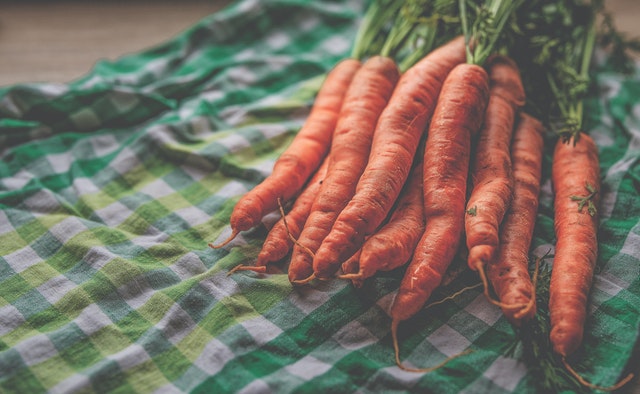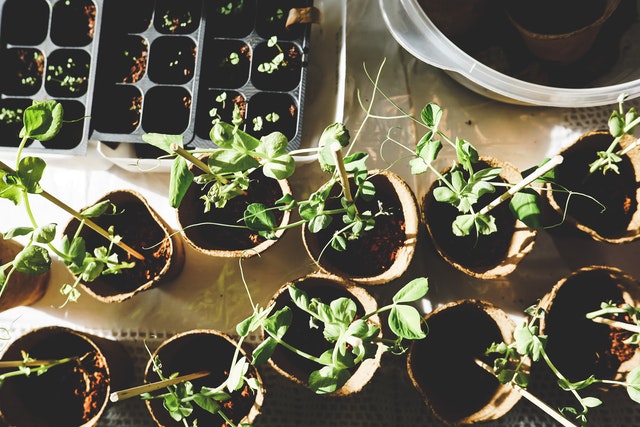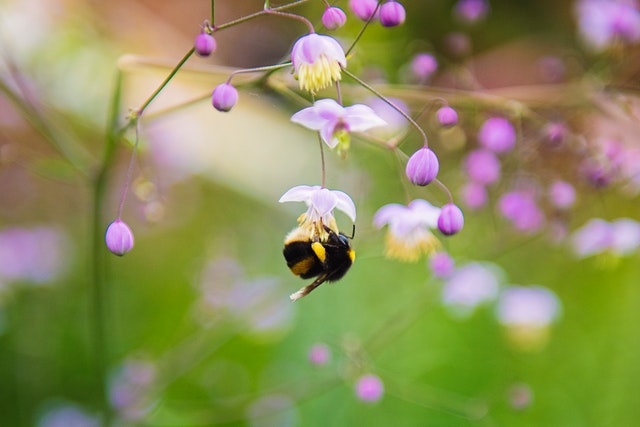People have all kinds of reasons for gardening, but a primary focus is often food production. Fresh food from the garden is delicious, nutritious, and typically inexpensive. Initially food production was a main focus for my family, but despite our best efforts it’s clear that the garden won’t produce much in the way of food. It has, however, given us many other gifts this year. I’d like to talk to you about experiences and opportunities that the garden has provided, regardless of the food produced.
Possibly my favorite benefit from gardening is the fact that my picky eater samples food readily if she’s picked it herself. Whether the food is from our garden, foraged on a hike, or picked at a local farm, my daughter is more likely to sample the foods she’s personally seen growing. Her willingness to try new foods has been a process, but with each year of gardening my daughter gets more excited about the planting, tending, and harvesting of the garden, and is enthusiastic about the possible recipes we can create with our produce.

The garden teaches us patience and joy in processes rather than just the end result of a project. Joy comes with seeds sprouting and flowers emerging; it also comes from the anticipation of growth and change. Gardening takes time, but it helps to slow us down enough to enjoy each phase that life offers. Finding joy in small moments has never come easily for me, but it becomes almost effortless when I see my plants getting pollinated, butterflies dancing around the yard, or sprouts emerging from seeds I personally planted. Gardening teaches us that each phase of growth is important and must not be rushed, and that it’s okay to stop and appreciate what is happening in the present, rather than worrying about the future.
Gardening teaches responsibility. My kids know that when they care for plants they’re also caring for the soil beneath it, the insects around it, and the family they are a part of. They feel proud of themselves and because of that they are (often) very helpful in the frequent garden tasks.

When I garden, I feel more in tune with the seasons. I feel connected to the purpose that changing weather means for nature and for ourselves. I feel inspired to eat seasonal produce, something I never quite understood the reasoning for when walking through a typical grocery store in my youth. I appreciate the work involved in the production of the food I later consume. Because I know how much water, land, and effort has gone into producing the food, I do my best to use it in a timely manner, and preserve what I cannot eat fresh.
Gardening is an easy way to experience and observe science. My kids see seeds become sprouts and sprouts become plants. They watch insects pollinate flowers and the flowers make way for fruit. They watch butterflies dance in the air, and rainbows form while we water our trees. They catch grasshoppers and follow caterpillars. And they ask all the questions they can think of about the things they see. The magic of the garden inspires curiosity in people of all ages.

Gardens heal in many ways. Aside from the benefits my family has personally experienced, gardening has also been shown to lower blood pressure, reduce the risk of some cancers, improve cognitive function, improve sleep, reduce feelings of anxiety, and so much more. I encourage anyone with a little bit of space and time to grow a few plants. It may become a passion that will last a lifetime, or it may just add some flavor to a few dinners throughout the summer. Either way, there are myriad benefits people can obtain from tending to just a few plants.